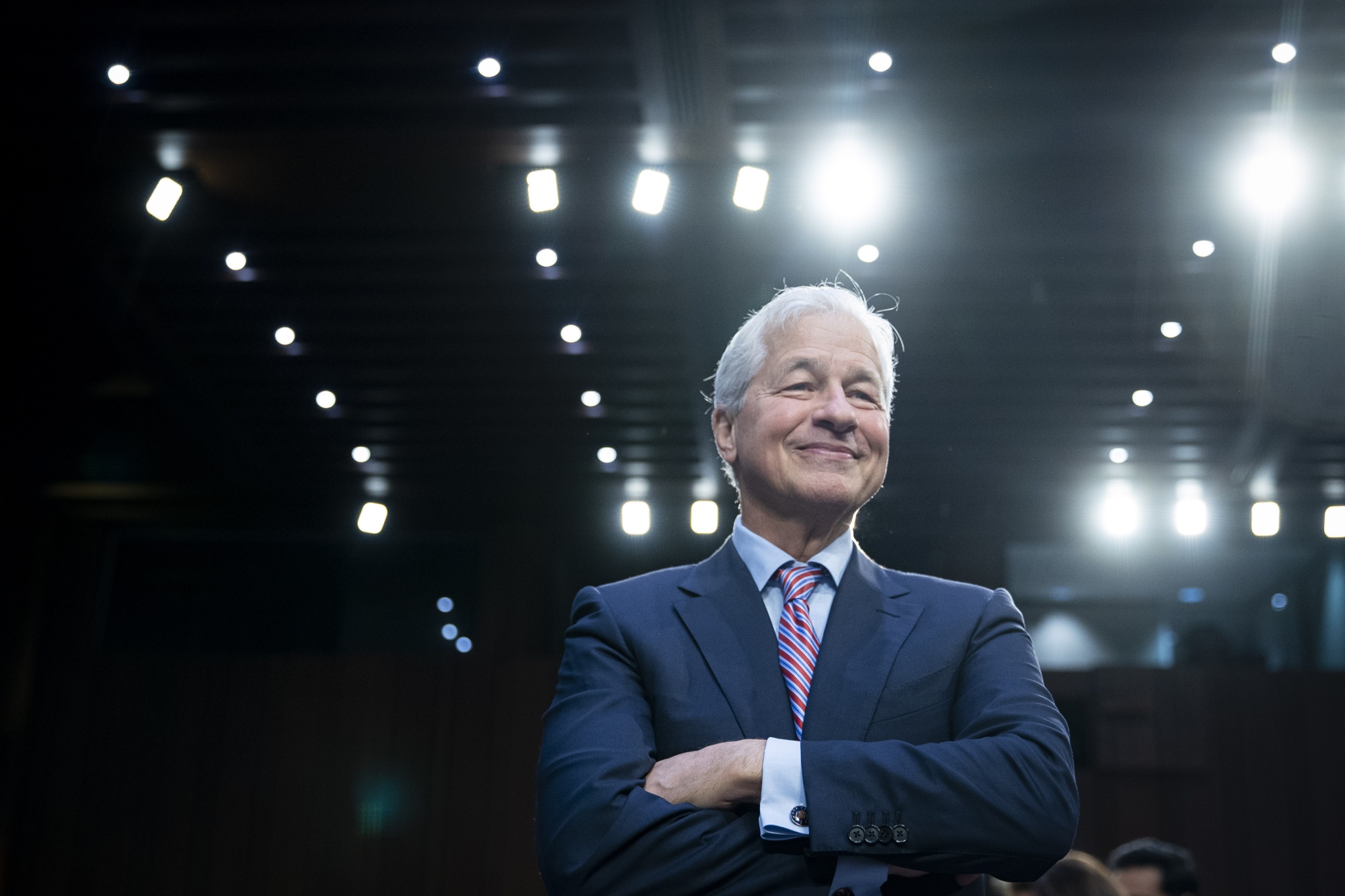One of the most obvious signals of corporate vulnerability is when company executives decide to sell their stock. It raises significant concerns when individuals whose compensation is directly linked to the performance of their company’s stock holdings begin divesting their shares. Certainly worth an eyebrow raise, at the very least.
Jamie Dimon, the CEO of the world’s largest investment bank, JPMorgan Chase, has maintained a steadfast commitment to his company’s stock holdings. He hasn’t raised eyebrows in decades, at least not over selling shares. Over the past 18 years of his leadership, he has refrained from selling a single share in the company.
But all golden eras must end and this longstanding streak is set to terminate next year. Jamie Dimon, along with his family, is poised to initiate a sale of shares currently valued at approximately $141 million. The motivation behind this decision, as outlined in a recent regulatory filing, is attributed to “financial diversification and tax-planning purposes.”
Although this move may raise concerns among market participants, the filing explicitly asserts that “Dimon maintains strong confidence in the company’s prospects, and his substantial stake in the company will remain.” Still, it feels ominous when combined with the recent statement he made, saying that “This may be the most dangerous time the world has seen in decades.”
The Dimon family presently holds approximately 8.6 million shares, in addition to 561,793 unvested performance share units and stock appreciation rights for 1.5 million shares.
In the year 2023, Dimon received a total compensation package of $34.5 million, which includes a base salary of $1.5 million and a performance incentive of $33 million. His net worth is estimated at around $2 billion, according to the Bloomberg Billionaires Index.
Earlier this month, JPMorgan reported better-than-expected third-quarter earnings, largely attributable to an increase in net interest income. However, the report also included a warning regarding geopolitical risks, focusing on the uncertainly of the world and how that will play out in the future.
Dimon noted, “Currently, U.S. consumers and businesses generally remain healthy, although consumers are depleting their excess cash reserves. Nevertheless, persistently tight labor markets and historically high government debt levels, accompanied by the largest peacetime fiscal deficits on record, are heightening the risks of sustained inflation and further increases in interest rates.”
Time will tell.



